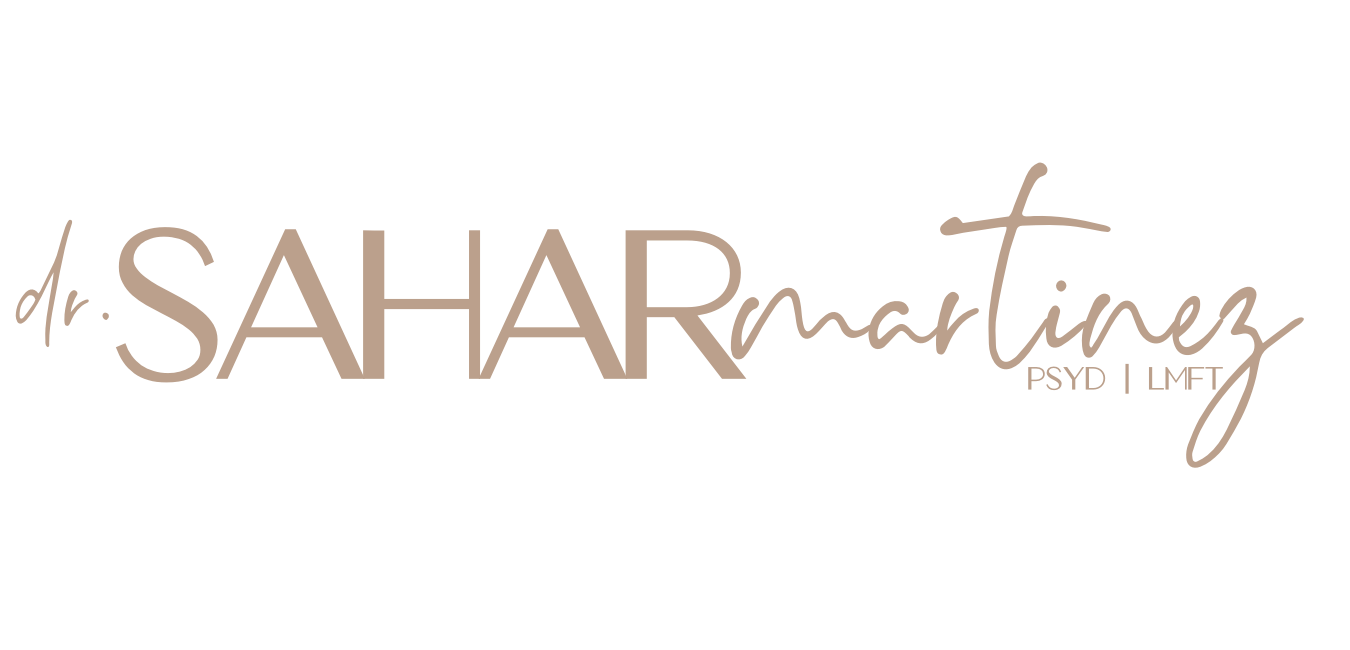
Therapy
Individual | Couples | Internal Family Systems

Individual Therapy
Individual therapy is a space just for you—your story, your healing, your growth. Together, we explore the inner experiences, relationships, and life events that have shaped you. We may work through anxiety, trauma, identity questions, grief, or the weight of generational patterns. This is a space to feel held while making meaningful change, at a pace that feels right for your nervous system. Our approach integrates depth, compassion, and curiosity, with room for both softness and strength.
I approach my work with individuals through a lens of Internal Family Systems, somatic attachment, and generational healing.
Relationship Therapy
Relationships are where we often feel our deepest connection—and sometimes our deepest pain. In couples therapy, we work together to understand the patterns that keep you stuck, heal attachment wounds, and rebuild safety and trust. Whether you're navigating conflict, intimacy challenges, or life transitions, our work centers on creating a space where both partners feel seen, heard, and valued. We honor the uniqueness of every relationship—including LGBTQ+ partnerships and non-traditional constellations—and support you in moving toward deeper connection and more authentic communication. Therapy can be valuable whether you’re newly married, dating, cohabiting, co-parenting, or moving towards separation or divorce. I address working with couples primarily through utilizing IFIO, EFT, and an attachment-based therapeutic approach.
Internal Family Systems
Internal Family Systems is a compassionate, evidence-based therapy model that helps us understand and heal the different “parts” of ourselves. Whether it’s the inner critic, the overachiever, or the part that holds deep pain, IFS invites us to meet these parts with curiosity and care. At the core of IFS is the belief that we all have a wise, grounded Self that can lead our internal system with clarity, calm, and confidence. This approach is especially powerful for those navigating trauma, relational challenges, or simply seeking a deeper understanding of their inner world.
frequently asked questions
+ How do I know if I need therapy?
The short answer is therapy is for EVERYONE! We can all benefit from mental health check ins and support. Having a solid relationship with a therapist ensures that we have a space to access when we really need it. Outside of that, therapy is for anyone that is looking to process and work towards healing. Sometimes that looks like working through stuff that is happening right now, and sometimes that means processing through things that have happened in our past, in our lineage or in our communities.
+ How long do I need to be in therapy?
There is no "one size fits all" approach to healing. The course of therapy is as long or short as you need and want it to be. We will check in periodically to see how you're feeling about our work together and the frequency of our sessions to ensure that you feel supported in a way that feels best to you.
+ What is your style of therapy?
Great question! I am an attachment based, somatically trained, trauma informed therapist. In basic terms, I look at how your past informs how you move through your life presently, addressing the physical (somatic) presentation of trauma, stress and other life factors.
+ Can we grab a coffee sometime?
I'm happy to share a cup of coffee or tea with you in my office, but it is a priority of mine to maintain the confidentaility of our relationship in order to ensure that our work is always a safe place for you to land. This also means that if we ever see each other in public, I will never acknowledge that I know you first, however, you are more than welcome to say hello (and I will absolutely respect and honor if you choose not to!).
+ How do you know if we're a good fit?
Finding the right therapist is a lot like dating -- you don't have to "marry" the first therapist you meet! I typically recommend meeting with 3-5 therapists for consultations (these are typically complimentary) to see who you connect with best. Therapy is a deeply vulnerable experience, and there is nothing more important than you feeling seen and heard in our work together.

